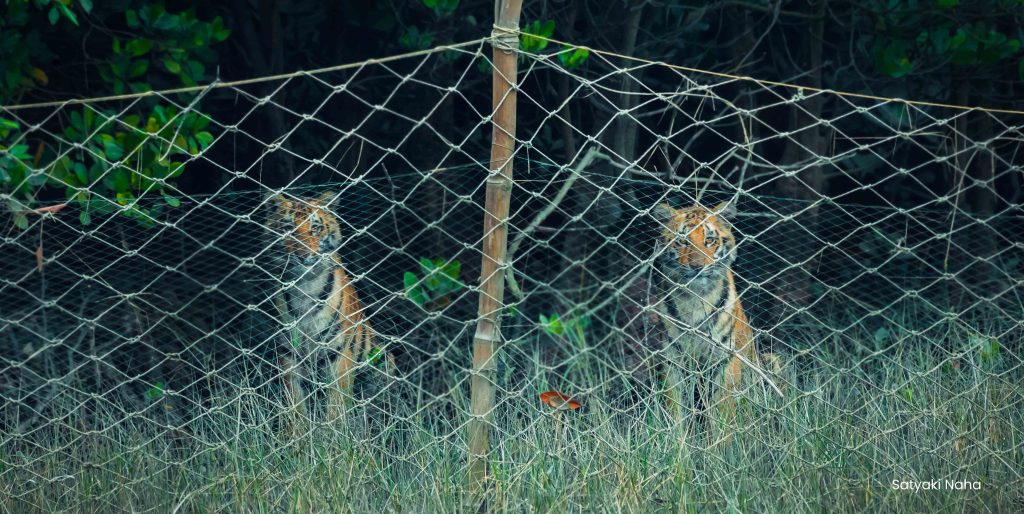Big Idea: Demonstrate seven innovative and replicable models of Human-Wildlife Conflict mitigation to catalyze appropriate changes in policy.
Conflict between humans and large carnivores is a growing issue nationwide, and WTI has been successfully implementing proactive strategies towards mitigating such conflicts. Under WTI’s holistic model, a team comprising a biologist, sociologist and veterinarian is constituted as a Rapid Response Team (RRT) in high human-wildlife conflict zones.
The veterinarian responds to wildlife emergencies, the biologist determines why animals might be entering human habitation areas in that particular landscape, and the sociologist works with local communities to sensitize and prepare them for possible conflict scenarios. The RRT works with the state Forest Department and the Primary Response Teams (PRTs) which comprise local volunteers and influential people. As local community members are the first responders to human-wildlife conflict, the constitution of these PRTs among local communities is crucial to addressing such issues in the long term. Each PRT member is trained to extend support to RRT and take up activities like managing crowds, identifying the presence of carnivores, and negotiating safe passage for wildlife in conflict situations to mention a few.

All the projects follow a consultative and participatory approach in planning and implementation with all significant stakeholders of the project sites, especially where community-related activities are concerned.
Current Projects Involved:









